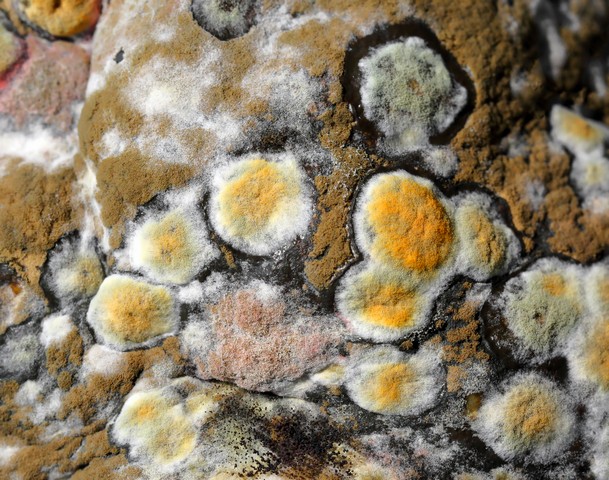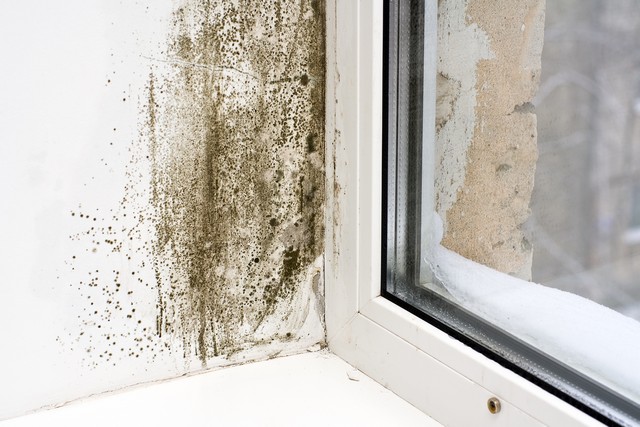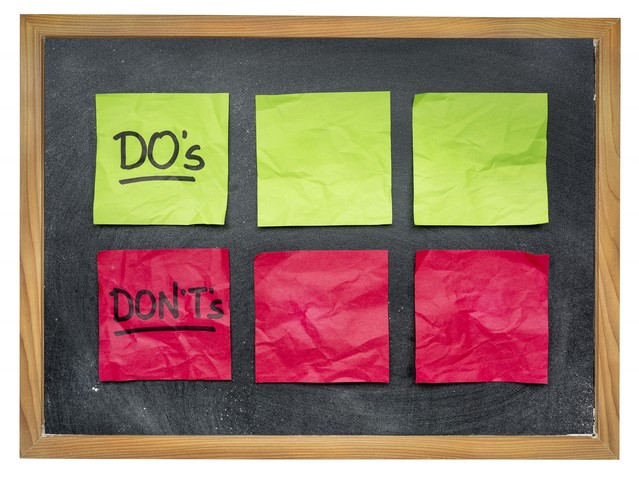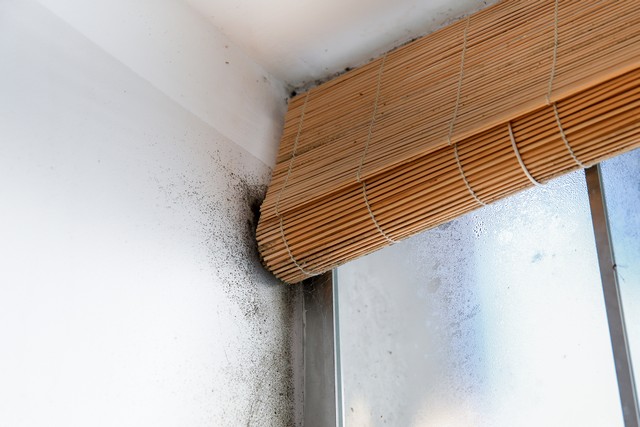Where Is Mold Growing In My Home?

Where Is Mold Growing In My Home?
One of the core services that NuTech Mold offers to home and business owners in our service area of Suwanee, Georgia is professional mold inspections.
We get many calls from residents that think they may have mold, but are not sure.
For this reason, this article has three goals.
First, we list and explain three key facts about mold. Second, we list the top 7 areas in your home to look for mold. Third, we explain the DO’s and DONT’s if you find mold.
Three Key Facts About Mold!

Three Key Facts About Mold!
#1 If Mold Is Growing, It Needs To Be Safely Removed!
In nature, mold has a purpose: to feed on dead organic matter. For this reason, mold spores are everywhere. The problem with mold begins when it is growing indoors. As mold feeds, the indoor spore counts increase to unhealthy levels.
The core concern with mold is its ability to thrive and continue to grow, provided the right conditions exist. The perfect conditions for mold to grow are:
- There needs to be a source of moisture. Most homes have ample sources of moisture from humidity, condensation, leaking pipes, etc. One of the core questions a mold inspector will ask you is whether or not there has been a significant water event caused by a flood, sewer back up, or human error (leaving water running in tub, etc.).
- Mold needs food to grow, thriving on high cellulose materials. Unfortunately, most property is made of materials that mold loves to feed on: paper, wood, drywall, wallpaper, carpet, ceiling tiles, dust, and dirt.
- The final ingredient mold needs to thrive is the right temperature ranging from 41 degrees Fahrenheit to 100.4 degrees Fahrenheit. Humid conditions in the summer and forced heat in the winter, ensure that mold can grow.
Mold prevention is based on moisture prevention. However, once mold begins to grow, it will continue to feed provided there is food available and this is the reason that it needs to be removed.
#2 Mold Is A Health Hazard!
The other reason you do not want to disturb mold is some molds are toxic and can cause adverse health effects. Even a little mold in your home or business can make you can sick.
Some molds like Aspergillus and Stachybotrys cause negative health issues because mycotoxins are released, which studies have shown can depress the immune system.
#3 Mold Proliferates By Releasing Spores!
If you find mold DO NOT disturb the material because mold proliferates by releasing spores. Disturbing an area of mold growth could actually make the situation worse.
To prevent spores from spreading, the area needs to be contained. It is important that you only hire qualified specialists to remove mold because they will implement safety measures to prevent your home from getting contaminated.
Top Seven Areas That Mold Grows In Your Home!

Top Seven Areas That Mold Grows In Your Home!
Detecting a mold problem can be done using your senses.
For instance, if you smell a “musty” or “mildewy” odor, this could indicate that you have mold growing.
Visual signs of mold include the following: buckled floorboards, discolored carpet, new water stains on the ceiling or wall, and/or actual visual growth such as black specs.
The 7 most common areas in a home that you will find mold growing include the following:
- Bathrooms and Kitchens. Check under the sinks, typically this is where leaks are found providing the moisture required by mold to grow.
- Appliances. Your refrigerator, dishwasher, and washing machine are another potential leak source. Check behind and under the appliances for mold.
- Roof. If you notice water stains on the ceilings, then your roof could be leaking which will cause mold if the leak is not repaired.
- Windows. If you have condensation in the home, you will likely find mold on the window sills and around the windows.
- Basement. If there is high humidity in your home, then check your basement and other areas of the home for mold.
- Closets. Leaky pipes, high humidity, and other sources of moisture can result in hidden mold in your closets. If there are boxes in the closet, move them and check the walls and floor for mold.
- Crawlspaces. Moisture in your crawl space will cause mold to grow.
What You Should and Should Not Do If You Find Mold!

What You Should and Should Not Do If You Find Mold!
If you find mold in your home or business, just remember that disturbing the mold can make the situation worse. Contact us for a professional assessment.
Listed below are the top 5 actions you should definitely not do if you find mold.
- DO NOT Ignore Your Mold Issue! Mold growth can negatively impact your health and constant feeding can also impact the structural integrity of the property as well, thereby reducing its value. Keep in mind, mold is like a parasite that will continue to feed on your property as long as the right conditions exist. The most important action that must be taken to correct a mold problem is to first address the cause of the moisture and fix it.
- DO NOT Try To Kill The Mold With Bleach! Unfortunately, the internet has lots of information that states you can kill mold with bleach. In fact, as the story of Christa Upton demonstrates, killing mold can be dangerous. Bleach has absolutely no impact on porous materials because it is not able to penetrate the surface and kill the roots of the mold. In addition, most of what you read on the internet advises that you mix water with the bleach, meaning you are actually adding moisture, which mold needs to grow. Bleach is great for cleaning bacteria and viruses, but is not a long term mold removal solution.
- DO NOT Clean Mold With a Normal Vacuum! Mold spores are extremely small and pass through a normal vacuum filter. Vacuuming simply spreads the spores, and you want to avoid this! Mold remediation professionals use HEPA vacuums because the filters trap the mold spores preventing cross contamination.
- DO NOT Remove Mold Contaminated Materials Without Proper Containment! Mold remediation professionals set up containment barriers to prevent mold from spreading.
- DO NOT Remove Mold Contaminated Materials Without Wearing Personal Protective Equipment!
Mold remediation professionals wear safety equipment to prevent mold spores from entering the lungs and touching their skin.
Got Mold Questions?
The NuTech Mold team are here to help. We are mold inspection and mold removal specialists that are deeply concerned about your indoor air quality. If you suspect that you have a mold problem, call us, 470-655-1212 or send us an e-mail. We look forward to serving you. 🙂
Top 7 Areas #Mold Is Growing In Your Home! https://t.co/x9loxyKFaT PLEASE RETWEET pic.twitter.com/NGac9wswtq
— Atlanta Mold Man (@AtlantaMoldman) October 31, 2017

Recent Comments